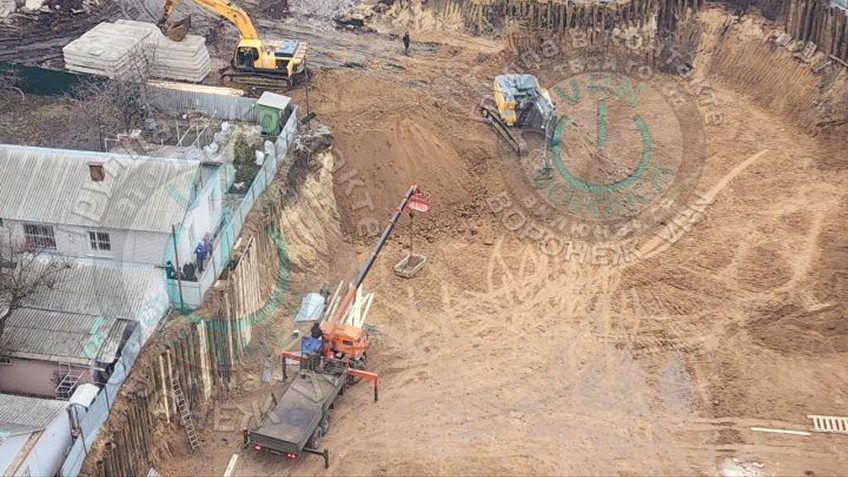Germany’s Housing Crisis Deepens as Construction Slows—Rising Costs and Inefficiencies Leave 700,000 Homes Unbuilt Amid Growing Demand for Scalable Solutions.
Germany’s real estate sector is facing one of its most challenging periods in decades. High costs, labour shortages, and inefficient construction processes have stalled two-thirds of permitted projects, exacerbating an already critical housing shortage.
In 2023, new residential construction permits fell below 220,000—31% lower than pre-pandemic levels—while housing completions continued to lag behind demand. At the same time, apartment prices in Germany’s seven largest cities declined by 4.6%, reflecting broader market instability that has persisted since 2022.

Historic town centre of Monschau, Eifel region, Germany.
Yet the need for housing has never been greater. The German government has set an ambitious target of building 400,000 new housing units per year to address the growing demand. However, actual completions have averaged less than 260,000 annually from 2019–2023. The Social Housing Alliance estimates a nationwide shortfall of at least 700,000 homes, putting pressure on policymakers and developers to find new solutions.
The Need for Scalable Innovation
The core issue driving Germany’s housing crisis is the inability to build efficiently at scale. Traditional construction methods are labour-intensive, costly, and slow—making it difficult for developers to deliver projects profitably. Rising wages, supply chain disruptions, and regulatory complexity have further contributed to delays and cancellations.
To bridge the gap between demand and supply, the industry must embrace new, scalable solutions that improve productivity and reduce costs. Technologies such as ALL3’s AI-driven design, robotic fabrication, and precision off-site manufacturing offer a path forward—enabling faster, more cost-effective construction without compromising quality or sustainability.
Unlocking Development with AI and Robotics
A shift towards industrialised, technology-driven construction could transform Germany’s real estate market. By automating key stages of the building process, developers can drastically cut project timelines, reduce reliance on scarce skilled labour, and lower costs—making it possible to deliver housing at the scale required.
As Germany searches for ways to accelerate housing development, the adoption of AI and robotics in construction is no longer a distant prospect—it’s a necessity. Scalable, high-tech building solutions hold the key to unlocking stalled projects and ensuring that the country’s housing crisis does not deepen further.
Stay updated on how ALL3 is pioneering new solutions for the future of real estate development.